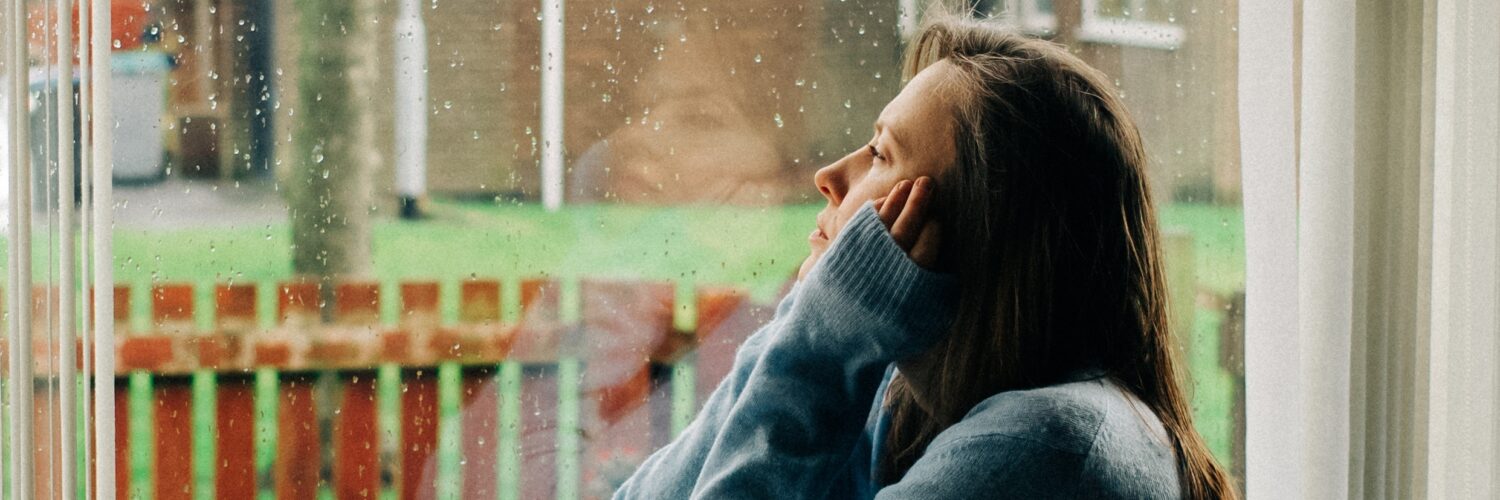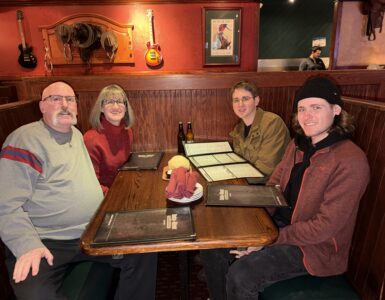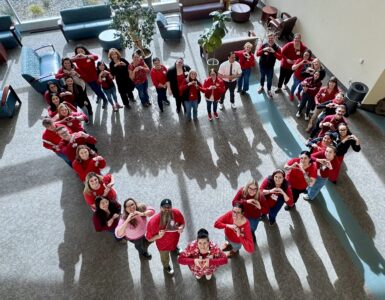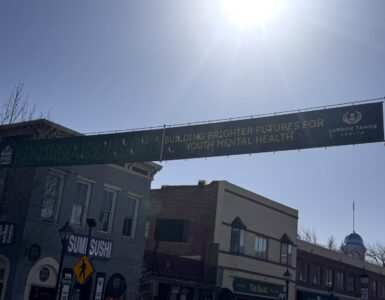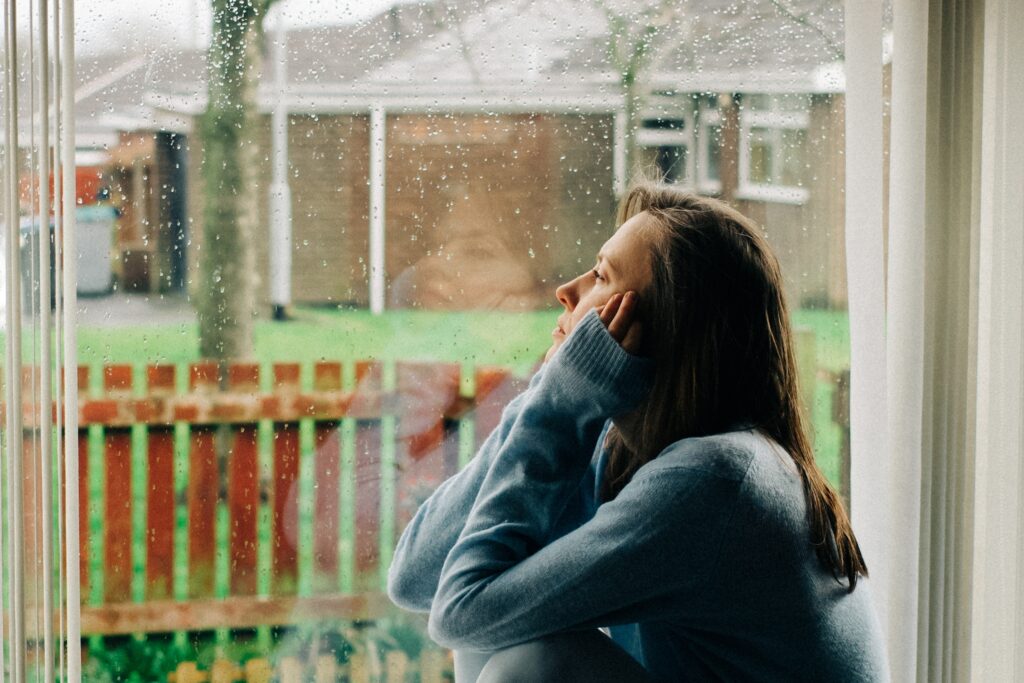
Spring and summer are usually associated with happiness and enjoyment. The weather is warm, the days are longer, and nature is blooming. However, some people experience the opposite of these positive emotions when the seasons change. Although seasonal affective disorder (SAD) is far more common in the cold and dark winter months, reverse SAD can lead to depression during spring or summer for some people. Carson Tahoe Health can help you understand what seasonal affective disorder is and learn how to manage this condition.
Understanding Seasonal Affective Disorder and Reverse SAD?
Seasonal affective disorder is a type of depression that only occurs when specific seasons change. Most people experience the start of these seasonal depressive episodes during fall or early winter, but some people have them during spring and summer. Unlike traditional depression, these episodes happen around the same time annually and end as the weather changes. You need to have experienced these episodes at least two years in a row to be diagnosed with SAD.
It’s important to understand that SAD is a real condition that can have a serious impact on your well-being. It is normal to experience some gloom in winter during short, gray days when you’re stuck inside, or increased irritation as the long hot days of summer drag on. But SAD is a more extreme change in mood and thought patterns than “winter blues” or holiday stress.
Around 5% of adults living in the U.S. experience SAD. For some people, the condition can affect up to 40% of their year—equivalent to almost five months. An estimated 10% of people with SAD notice symptoms during the spring or summer season. Women are four times more likely to experience SAD than men, and the condition is more common in younger adults.
What Causes SAD
Although the exact causes of SAD are not yet known, research shows that people with the condition may have issues regulating serotonin or melatonin. A lack of serotonin can depress your mood, while too much melatonin affects your body’s internal clock, messing up your sleep patterns.
A lack of sunlight seemingly triggers traditional SAD, while the reverse may be true for summer-onset SAD. Some people may also feel their mood worsen as they see people outside or on social media having fun in the summer while they feel alone and isolated. If you have issues with your body image, revealing summertime clothing may trigger negative thoughts. Changes in routines during the summer can also be destabilizing.
Symptoms of Reverse SAD
Symptoms of SAD are similar to symptoms of depression and can include:
- Changes in appetite (eating too little or too much)
- Difficulty concentrating
- Fatigue
- Feeling guilty or worthless
- Feeling sad or empty for at least two weeks
- Lack of interest in activities or people you used to enjoy
- Sleeping too much or too little
- Thoughts of suicide
Reverse SAD often has additional or slightly different symptoms, such as:
- Agitation
- Aggressive or violent behavior
- Anxiety
- Increased irritability
- Insomnia
- Poor appetite
Oversleeping and avoiding social situations are more common in winter SAD.
Treating SAD
Although symptoms of SAD will subside as the seasons change, there’s no need to suffer all summer long. Treatment for reverse SAD will be slightly different, but it can be effective and may include antidepressant medication and talk therapy.
There are several types of talk therapy that may help treat SAD. Cognitive behavioral therapy and dialectical behavioral therapy may be especially helpful.
Treatment for winter-onset SAD usually includes light therapy and vitamin D supplements. Because SAD is a type of depression, it’s vital that you avoid self-diagnosing and treating yourself with over-the-counter supplements before talking to a doctor. Some supplements may have side effects that worsen your symptoms.
Coping With Summertime Sadness
In addition to seeing a mental health provider, there are other things you can do to help you cope with reverse SAD.
- Eat healthy foods and drink plenty of water. Getting proper nutrition and staying hydrated can go a long way toward making you feel better.
- Exercise indoors. Physical activity is a proven mood-booster. Working out indoors will help you get energized without the excess sun and heat of an outdoor activity.
- Improve your sleep hygiene. Getting enough sleep is crucial for relieving summer SAD symptoms. Stick to a daily sleep routine, and avoid alcohol and caffeine. If sunlight is waking you up too early, try blackout shades in your bedroom.
- Practice mindfulness. Try meditation, yoga, tai chi, journaling or other activities that promote calm, and make self-care a priority.
- Talk to your friends. Maintaining social support during your darkest times is important. Your friends and family care about you and will help support you if you reach out.
There Is Help for SAD
Depression often feels overwhelming, which can make it hard to ask for help or seek treatment. There is some evidence that suicide is more likely in late spring and early summer. If you have thoughts of ending your life, seek help immediately. You can reach the Suicide and Crisis Lifeline by calling or texting 988.
Talking to a Carson Tahoe behavioral health specialist can be valuable even if you aren’t in crisis. If you know you have SAD, you can prepare yourself in advance for an annual summer or winter depressive episode. People with SAD are also more likely to have other mental health conditions, so you may need to address more than one issue.
May is recognized as Mental Health Awareness Month, which means it’s a great time to prioritize your mental well-being. Mental healthcare can include therapy, medication, substance use counseling, and more. Focusing on your own wellness can help you get the most out of life.
If you need help with SAD or any other behavioral health issue, Carson Tahoe Health is here. Learn more or call our crisis hotline at (800) 283-7671.

